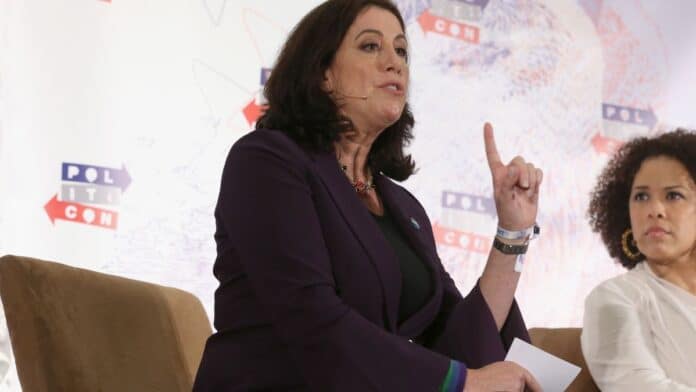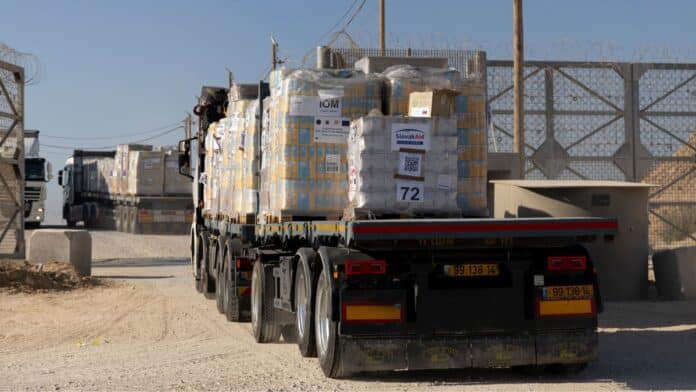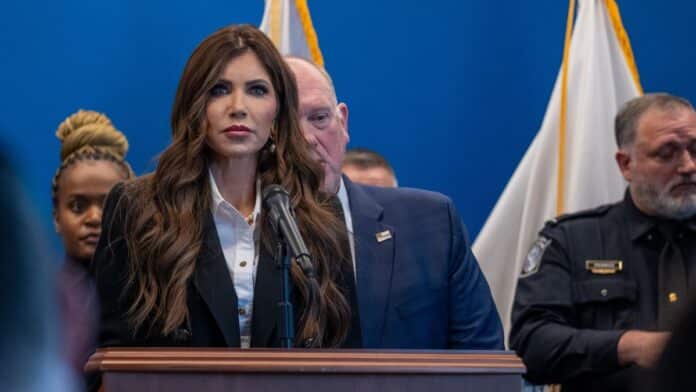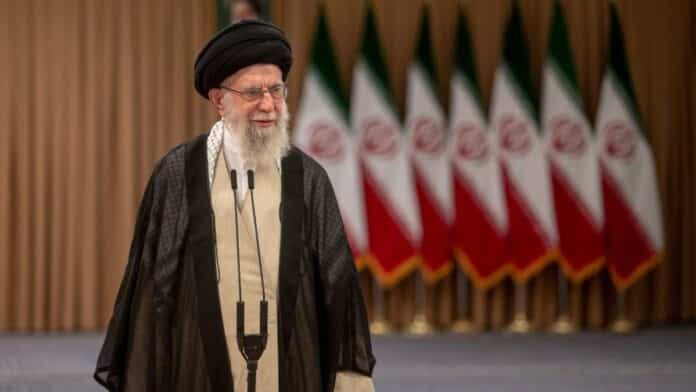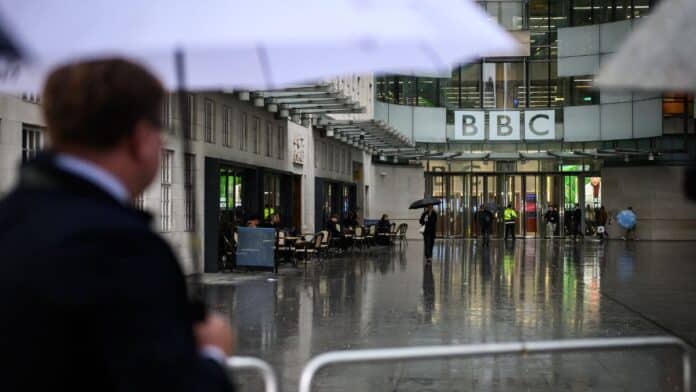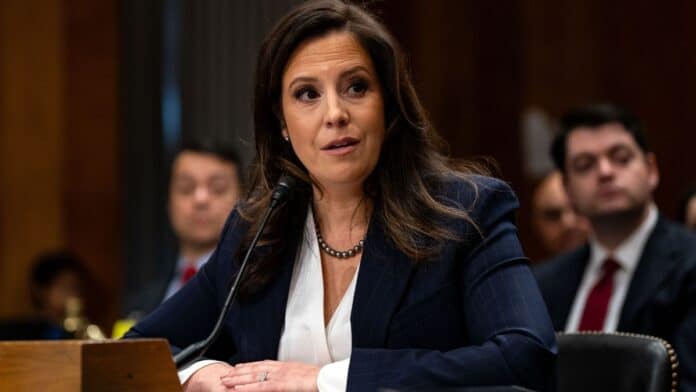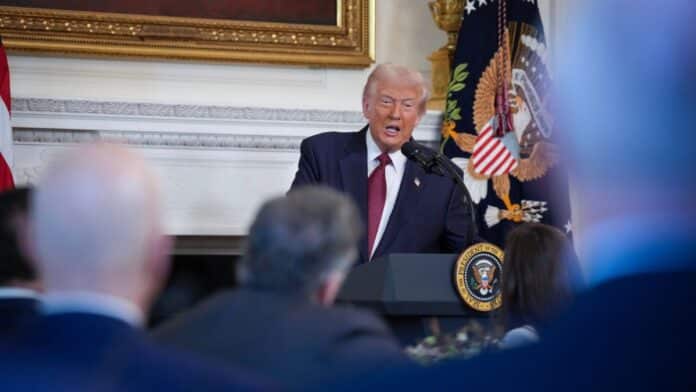Former House Speaker Nancy Pelosi’s daughter, Christine Pelosi, has announced a campaign for the California State Senate.
“In courtrooms, campaigns and corridors of power, I’ve fought to build Power For The People,” she said in a statement on X, sharing her campaign video. “And that’s why I’m running for California Senate.”
“I’m running to represent you, San Francisco, in Sacramento,” she said, adding, “What do we do when our freedoms are under attack? We speak up, we fight back, and we organize. Power for the people. And that’s what I want to do for you.”
“As a San Francisco prosecutor, women’s rights attorney and elected women’s leader, I’ve fought for victims of sexual violence and domestic violence, gun violence survivors, patients and immigrants,” Pelosi’s campaign website says. “I’ve fought for decent, safe and sanitary housing — starting with my service at the Department of Housing and Urban Development in the Clinton/Gore administration.”
The younger Pelosi’s campaign comes on the heels of her mother announcing that she will retire from Congress at the end of her term and will not seek re-election in 2026.
“With a grateful heart, I look forward to my final year of service as your proud representative. As we go forward, my message to the city I love is this: San Francisco, know your power,” the former House speaker said in her announcement. “We have made history. We have made progress. We have always led the way, and now we must continue to do so by remaining full participants in our Democracy and fighting for the American ideals we hold dear.”


